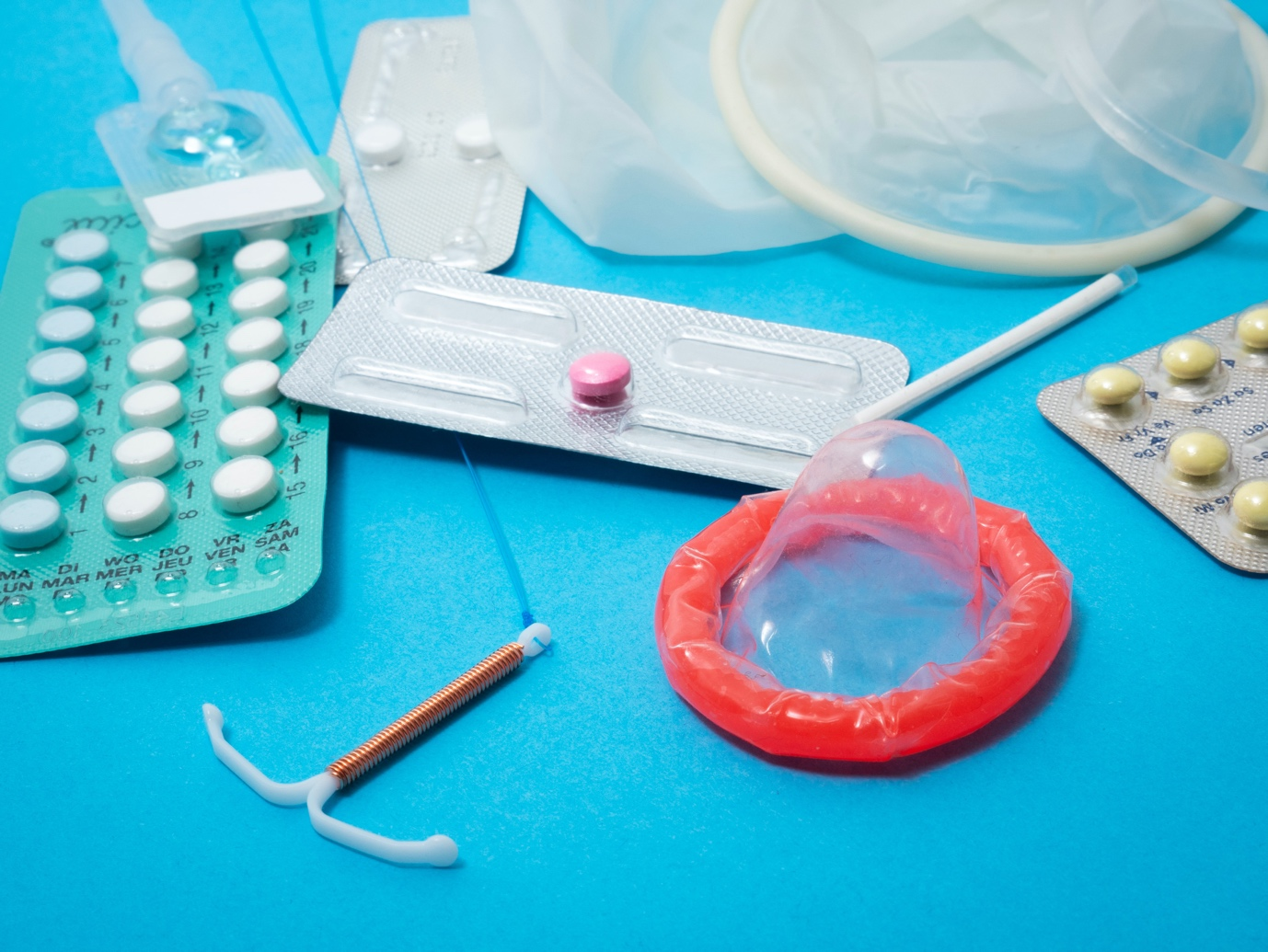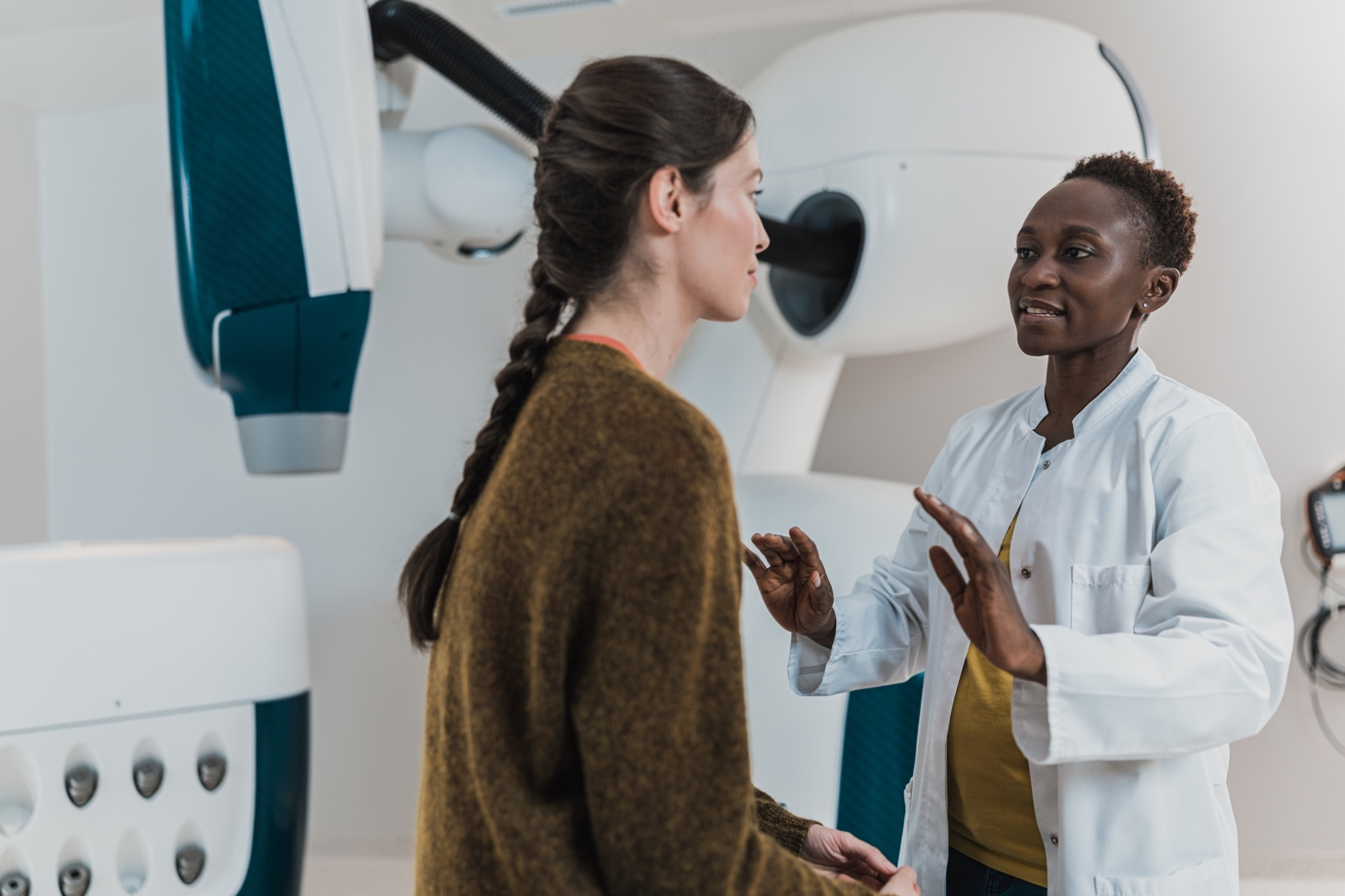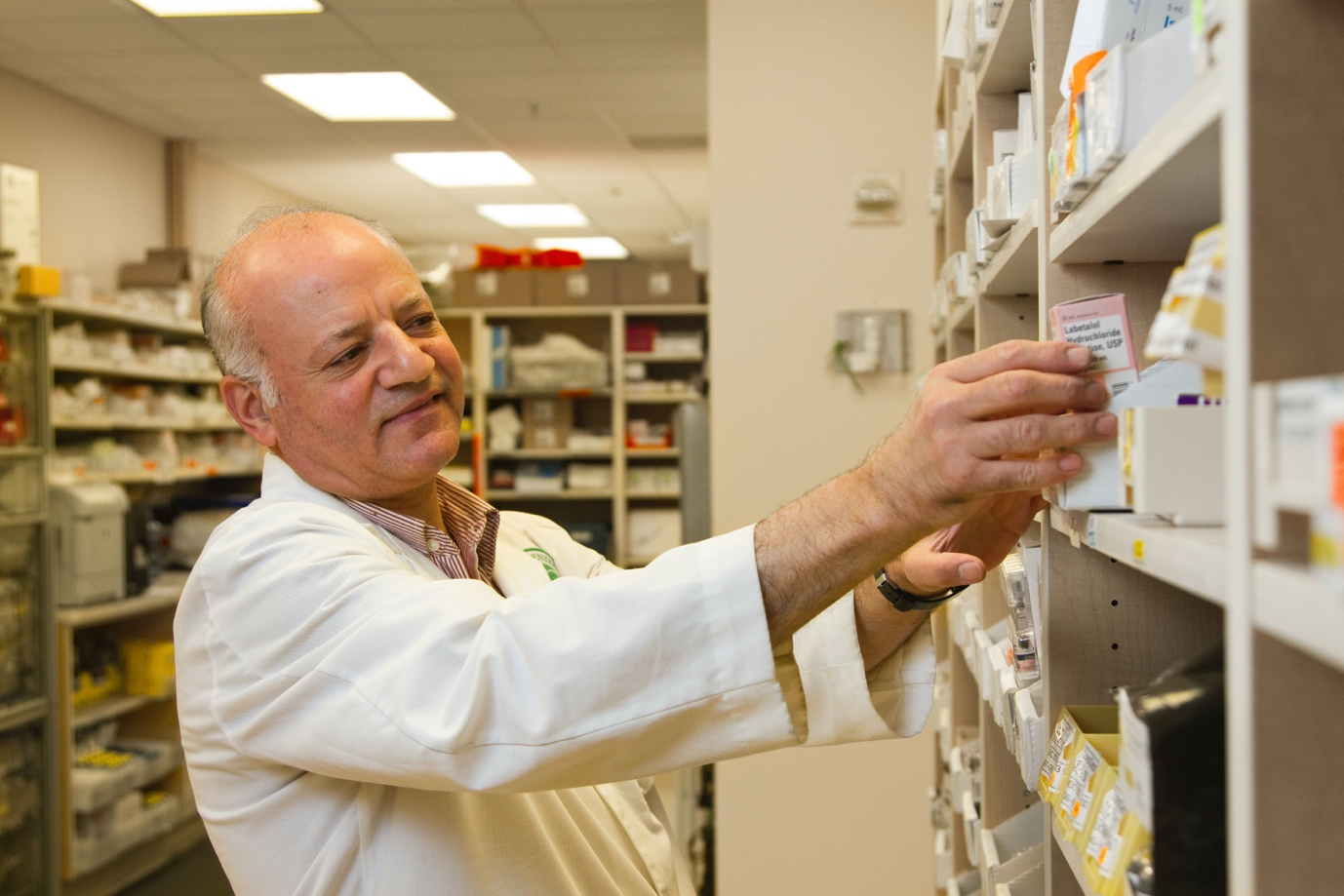Common STDs, Their Causes, and Symptoms
Sexually transmitted diseases (STDs) are diseases that a person usually contracts when coming into contact with another person who has one.
As per reports, over 65 million individuals have incurable STDs in the United States and according to the CDC, 1 in 5 individuals has an STD in the United States. These statistics indicate that sexually transmitted diseases are very common. If not diagnosed and treated in time, some of these STDs can cause complications. Let’s take a look at some of the most common STDs, their causes, and their symptoms.

Types of STDs and Their Causes
STDs are caused by microorganisms, like viruses, bacteria, and parasites. This is why STDs are classified into 3 main categories:
Examples of viral STDs include genital herpes, HPV, HIV, etc. Bacterial STDs include gonorrhea, syphilis, chlamydia, etc. Trichomoniasis is an example of a parasitic STD. STDs start out as STIs (sexually transmitted infections).
During the STI phase, the microorganism is incubated in the body. It’s present and can be detected through tests and screening but doesn’t present any symptoms. The incubation period for microorganisms varies, from as short as 2-3 weeks to as long as 2-3 years. A person can transmit an STI to another person even if they don’t have any visible symptoms.

Transmission of Sexually Transmitted Diseases
Microorganisms that cause STDs are found in bodily fluids, including blood, saliva, vaginal fluids, and sperm. These microorganisms can be transmitted through vaginal or anal intercourse as well as oral sex.
A few STDs, like genital warts, herpes, etc, can also transmit through skin-to-skin contact with an infected person.
Common Sexually Transmitted Diseases
Gonorrhea
Gonorrhea is one of the most common STDs that’s usually spread through sexual contact with an infected person. People mostly impacted by gonorrhea are young, sexually active adults. The microorganism that causes gonorrhea can enter the mouth, genitalia, or anus and incubate before transforming into a disease. Women can even transmit it to their newborn child while giving birth.
Gonorrhea doesn’t present any symptoms initially. In the later stages, common symptoms for men include:
- Penile discharge
- Difficulty urinating
If left untreated, gonorrhea may cause problems with the prostate and testicles, affecting fertility.
In women, early gonorrhea symptoms are typically insignificant. However, complications may happen later, leading to:
- Bleeding in between menstruation cycles
- Urinary discomfort
- Vaginal discharge
If left untreated, it might result in pelvic inflammatory disease, which can complicate both fertility and pregnancy.

Chlamydia
Another prevalent sexually transmitted disease found in adults is chlamydia. Anyone can contract chlamydia, which is caused by the bacterium Chlamydia trachomatis. Women usually contract this STD in their throat, rectum, urethra, or cervix. Men normally contract it in their throat, rectum, or urethra (inside the penis).
Chlamydia can be transmitted through oral, anal, or vaginal intercourse with an infected partner. Women can pass chlamydia to their newborns during childbirth. If you have had chlamydia before and have recovered from it, you can get it again if you engage in unprotected sexual activity with an infected individual.
Chlamydia typically has no symptoms initially. You might not even be aware that you’ve contracted it. A person can spread chlamydia to others even if they don't have any symptoms. If you do experience symptoms, it could take weeks for them to appear after having sex with an infected person.
Women usually experience:
- Irregular vaginal discharge with a strong odor
- Discomfort or burning sensation when urinating
- Painful sex
- Fever, nausea, and lower abdominal pain as the disease progresses
Men may experience:
- Unusual penile discharge
- Discomfort or burning sensation when urinating
- Itching or burning around the opening of the penis
- Enlarged or inflamed testicle (one or both)
HIV/AIDS
The human immunodeficiency virus (HIV) is an STD that destroys a person's immune system by eradicating certain white blood cells that help the body fight off infections. This increases the chance of contracting serious infections and diseases.
The last stage of HIV is called AIDS (Acquired Immuno Deficiency Syndrome) and happens whenthe virus substantially damages a person's immune system and it’s unable to fight off even the slightest of illnesses. HIV doesn’t necessarily turn into AIDS and its progression can be slowed and even stopped with the right medication at the right time.
HIV can be acquired in a number of ways, including:
- Unprotected sexual contact with an HIV-positive person. (This is the most common way of transmission)
- Sharing needles or syringes
- Exposure to the blood of an HIV-positive person
- Transmission to newborns and infants through childbirth or breastfeeding
Although not everyone experiences symptoms, flu-like symptoms may be the first indication of HIV infection. These symptoms include:
- Fever
- Chills
- Night sweats
- Throat infection
- Fatigue
- Rashes
- Mouth ulcers
- Swollen lymph nodes (In the neck, thighs, behind the ears, armpits, etc)
- Muscular pain
These symptoms could be present for 2 to 4 weeks before going away. This stage is referred to as acute HIV infection. If not caught and treated, acute HIV may progress to chronic HIV where the virus incubates in the body and present no symptoms but will keep damaging the person’s immune system by slowly destroying white blood cells. There’s no cure for HIV, but it can be treated and made dormant through medication.

If you’ve had unprotected sex with any partner, or have experienced any of the symptoms mentioned above, you must consult a doctor and get a screening test done. If you can’t visit a doctor due to any reason, TelMD Care can help you speak with a virtual doctor!
TelMDCare is a telemedicine doctor service and has a panel of experienced online doctors for STDs. We offer consultation for gonorrhea, chlamydia, and more. Get in touch with us now to speak to an online doctor today.